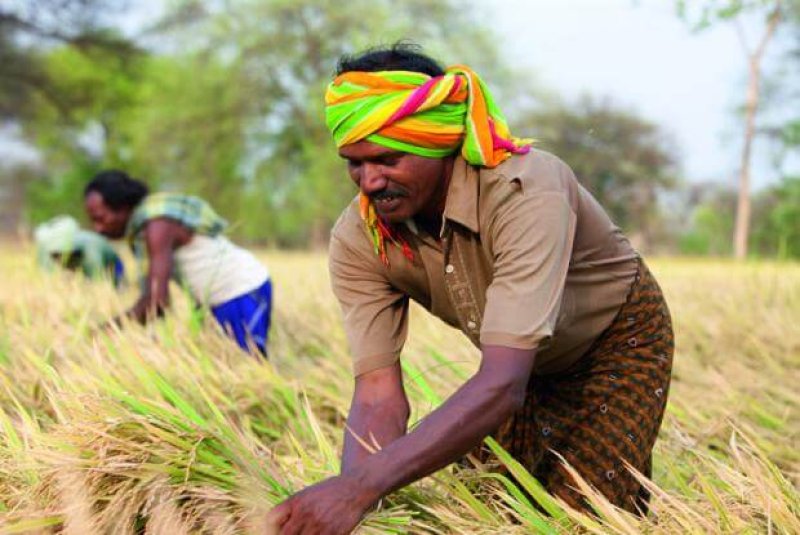Scientists can examine the genetic basis for some of the changes that took place during rice domestication by comparing genes in cultivated rice plants with those in their wild rice relatives …. Most of these genes encode transcription factors that bind to other genes and regulate their activity.
A team of researchers from the National Centre for Biological Sciences …. in India …. wondered whether …. microRNAs, also contributed to the domestication of rice. MicroRNAs regulate specific target genes by binding to RNA copies of the gene …. blocking their activity …. the resulting RNA fragments [can shut] down the activity of genes that are similar to the initial target gene.
…
The scientists showed that [the mRNA] miR397 silenced several members of the laccase gene family via a silencing cascade. Laccase genes …. encode proteins that promote woody tissue formation …. when the scientists transgenically expressed the gene encoding miR397 in domesticated rice, the resulting plants were more similar to wild rice plants than to domesticated ones …. In effect, the team partially de-domesticated rice by increasing the levels of a single microRNA species.
…
If silencing several laccase genes …. affects yield, would upregulating the expression of this same set of laccase genes boost grain production? In addition, would reducing the levels of miR397 in wild rice plants …. improve yields, while retaining the traits that allow wild plants to thrive in harsh environments?
Read full, original article: Loss of a microRNA molecule boosts rice production































